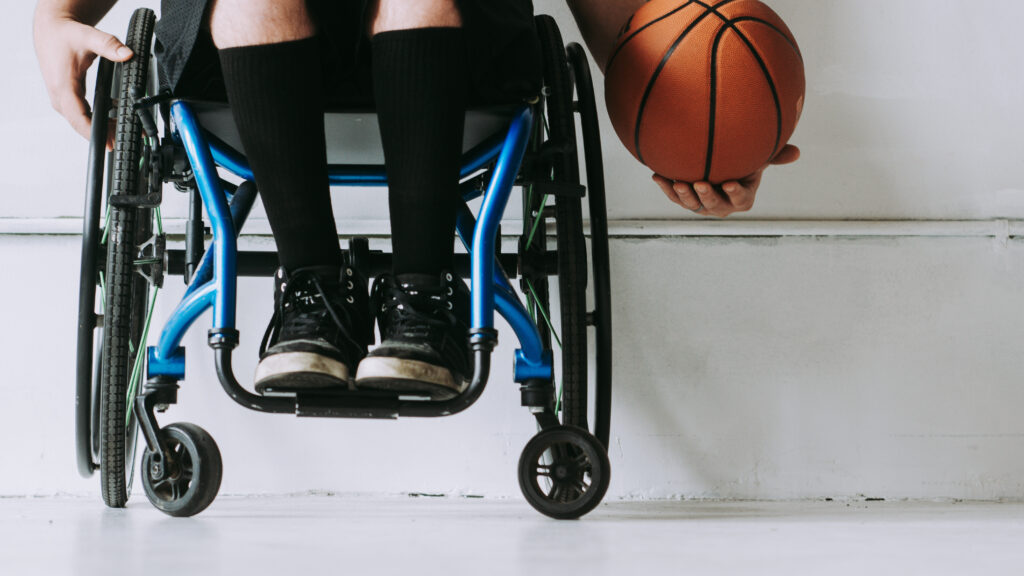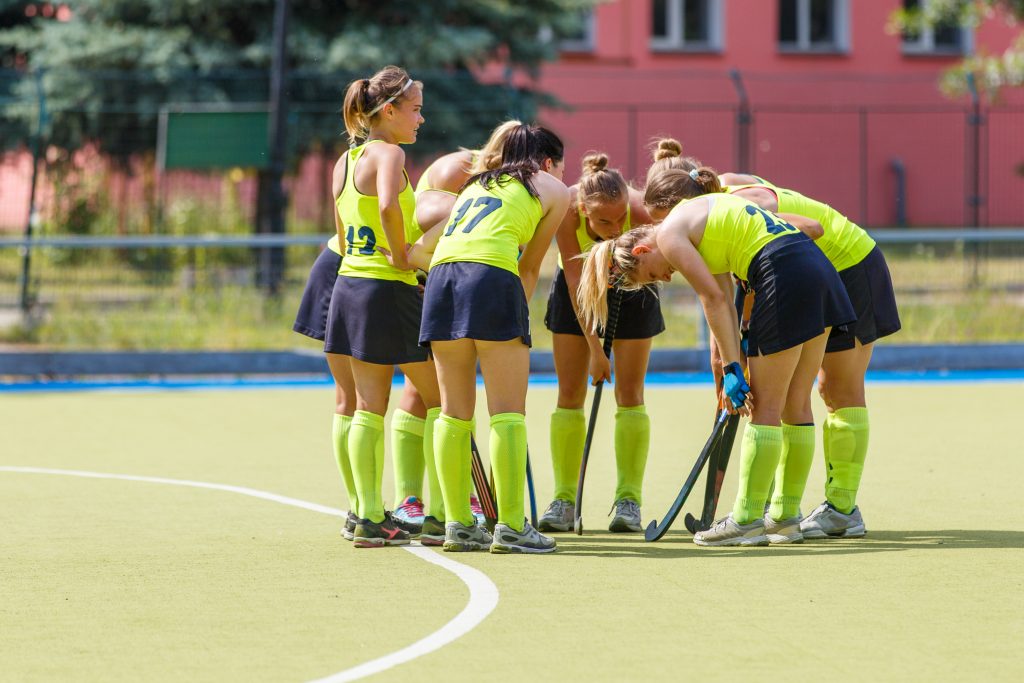Coping through sport
Research shows that sport participation can help athletes cope with adverse life events. For example, social support networks built through participation in recreational sport leagues can build confidence and offer a reprieve from negative emotions. Adult sport leagues can harness these findings to better market and reshape their leagues to attract new participants.
Talent development gender gap
Gender equity is just as important in sports research as it is on the playing field. However, a recent literature review shows a considerable gender gap in talent development research. Youth development programs need more research on girls and women to better address their specific needs with evidence-based programming.
Athlete health and clean air
In June, on Canada’s Clean Air Day, SIRC took a look at air pollution and how it can affect the healthy and performance of outdoor sport participants. Today, is the International Day of Clean Air and it bares reminding that as sport leaders we have a responsibility to understand air pollution and its impact on…
Athletes2Coaches: A mentorship program for athletes experiencing disability

Coaching athletes with a disability requires many of the same skills as coaching non-disabled athletes (for example, developing skill progression). However, coaching athletes with impairments often requires coaches to have disability-specific knowledge as well (Fairhurst, Bloom, & Harvey, 2017). Coaches’ understanding of disability is critical, not only to athlete skill development, but also to athletes’…
Physical literacy and youth athletes
Sports-related injuries among youth are on the rise. According to research, declining physical literacy levels put youth at an increased risk for preventable injuries. Resistance training for youth can help prevent against sports-related injuries and improve physical literacy levels.
Playing devil’s advocate: How to avoid groupthink in sport environments

“This is how we’ve always done it.” You’ve heard that phrase before. Whether you’ve said it or heard it said, it’s clear that groupthink is present in every corner of our society. When we fail to consider fresh perspectives in favour of tradition during decision making, we limit ourselves and our abilities. Take it from…
The impact of RED-S on performance
Relative energy deficiency in sport (RED-S) can negatively affect an athlete’s performance in many ways. For example, associated iron deficiency or iron deficiency anemia can decrease athletes’ aerobic work capacity. RED-S can also interfere with an athlete’s ability to consistently train and compete due to the increased risk of illness and injury.
Athletes who ‘play-up’
‘Playing-up,’ or competing at a higher age level than a player’s actual age, can be both challenging and rewarding for youth athletes. According to new research, athletes who play up find the experience more positive when their teammates include them in group activities and coaches provide constructive feedback and encouragement.
Multi-sport participation
Youth who participate in multiple sports may be able to improve their performance in a given sport more quickly than their specialized peers. For example, in a study of 12-year-old soccer players, those who participated in multiple sports demonstrated greater improvements in match-play performance over the next 2 years than youth who were already specialized…
Mental health in high performance sport
The mental health of athletes and key leaders supporting them is essential for performing consistently at the highest levels and achieving success in sport. The Mental Health Strategy for High Performance Sport in Canada provides a new roadmap for improving mental health outcomes for all Canadian athletes, coaches, and staff.